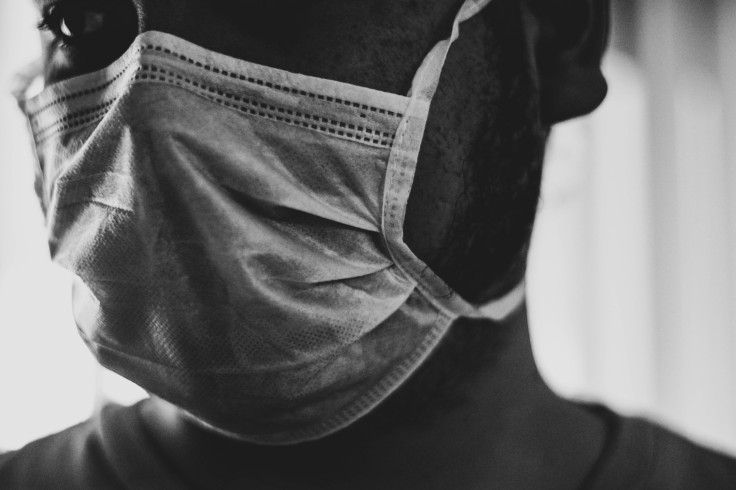The Food and Drug Administration (FDA) has finally confessed to exaggerating the benefits of convalescent plasma as a potential cure for COVID-19.
The FDA chief Stephen Hahn on Tuesday tweeted his regret at making sweeping statements about convalescent plasma’s effectiveness, that "35 more people out of 100 would survive the coronavirus if they were treated with the plasma". The assumption was debunked by Mayo Clinic observations.
“I have been criticized for remarks I made Sunday night about the benefits of convalescent plasma. The criticism is entirely justified. What I should have said better is that the data show a relative risk reduction, not an absolute risk reduction,” Hahn tweeted, in reference to his appearance at the show where he refused to correct Trump’s description of the regulatory move as a “breakthrough.”
He refrained from contradicting Trump’s unsupported stance of a “deep state” effort at the agency working to slow down approvals.
The mea culpa comes after medical experts expressed their outrage as President Trump announced on Sunday that the FDA is likely to issue emergency authorization of the convalescent plasma from recovered patients.
Former FDA officials weren’t convinced despite Hahn’s public apology. “It’s extraordinary to me that a person involved in clinical trials could make that mistake,” said Dr. Peter Lurie, a former FDA official under the Obama administration who now leads the non-profit Centre for Science in the Public Interest. “It’s mind-boggling,” Dr. Lurie added.
Thinking along similar lines, Lawrence Gostin of Georgetown University said Hahn's performance on Sunday is likely to have FDA bear its repercussions. “I think the integrity of the FDA took a hit, if I were Stephen Hahn I would not have appeared at such a political show,” said Gostin, a public health attorney.
Turns out, the potential cure wasn’t really “a historic breakthrough” as suggested by President Trump as the treatment’s accurate value hasn’t been estimated as yet. Trump’s statements also sparked speculations that suggested how the announcement was a political ploy to offset critics who slammed the Trump administration in the past for its mismanagement of the pandemic, as the president seeks for re-election.
The president has rebuked a volley of FDA staff for allegedly holding up new treatments due to an underlying political agenda. The stance has been unbacked by the evidence though. And Trump’s chief of staff, Mark Meadows, reportedly maintained over the weekend that FDA scientists “need to feel the heat.”
There has been intense pressure on researchers, more so as the Trump administration has invested a large number of resources to improve the U.S.’s chances of coming up with a vaccine at the earliest, preferably before the forthcoming presidential elections.
“I think the constant pressure, the name-calling, the perception that decisions are made under pressure is damaging,” said Dr. Jesse Goodman of Georgetown University, who previously spearheaded many initiatives as FDA’s chief scientist. “We need the American people to have full confidence that medicines and vaccines are safe,” Goodman added.
As per recent reports, The FDA emergency authorization is likely to increase the plasma’s availability to an additional set of hospitals. Over 70,000 Americans have reportedly already received the treatment under FDA’s “expanded access” program. That program tracks patients' response but does not help determine as to whether the plasma indeed bolstered the recovery process.
Another aspect to note is that the broadened FDA access to the treatment will pose a bigger challenge, with a risk of impeding complete researches to understand the success of the treatment.

© 2025 Latin Times. All rights reserved. Do not reproduce without permission.



